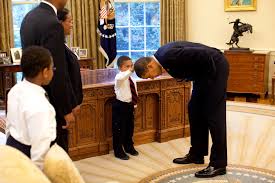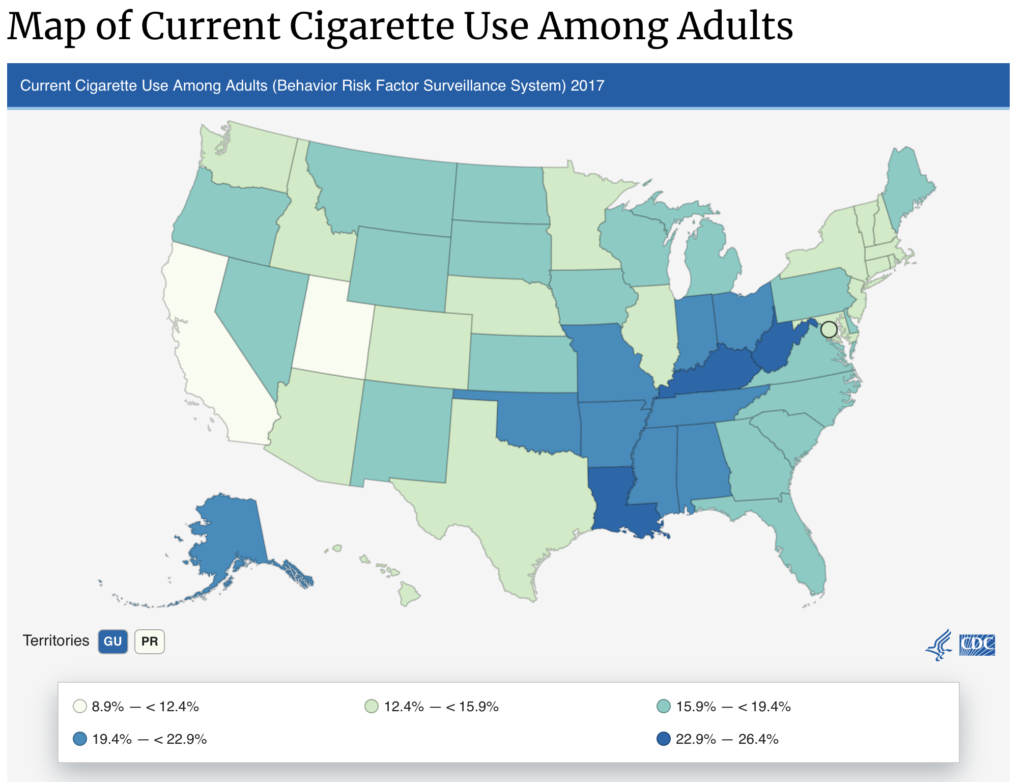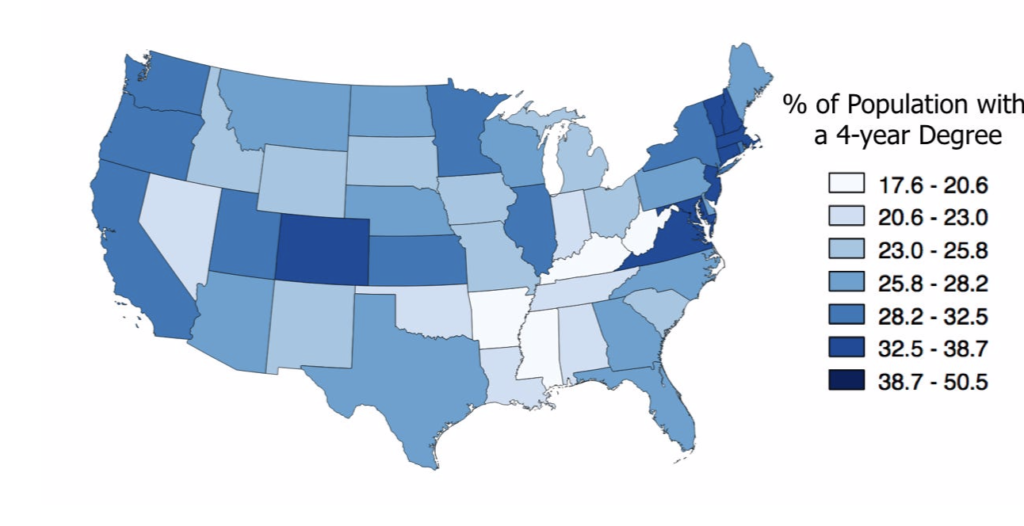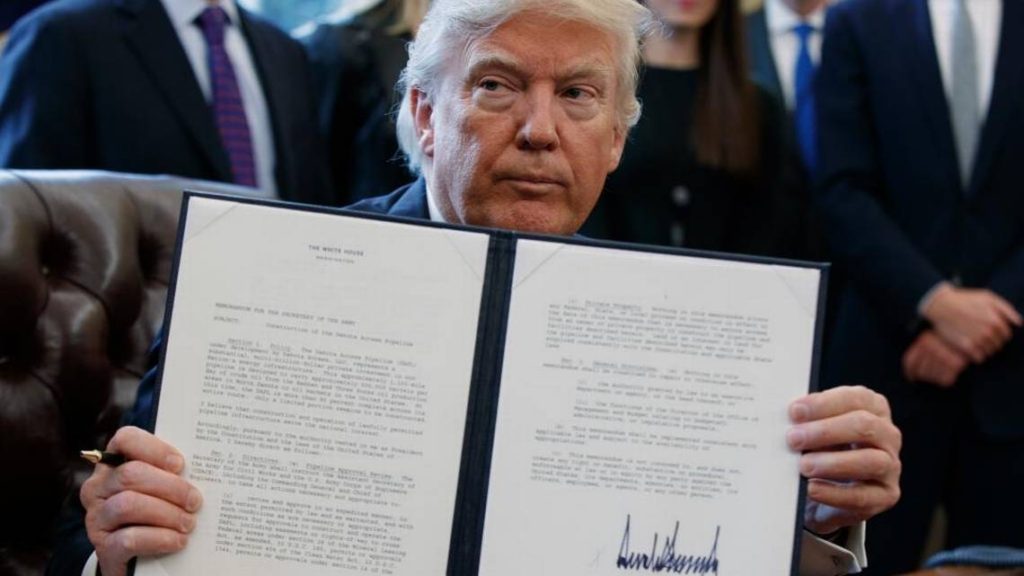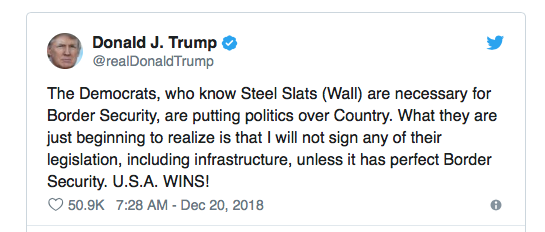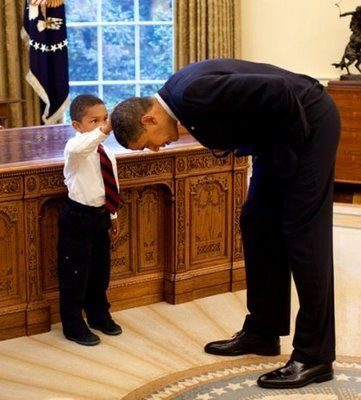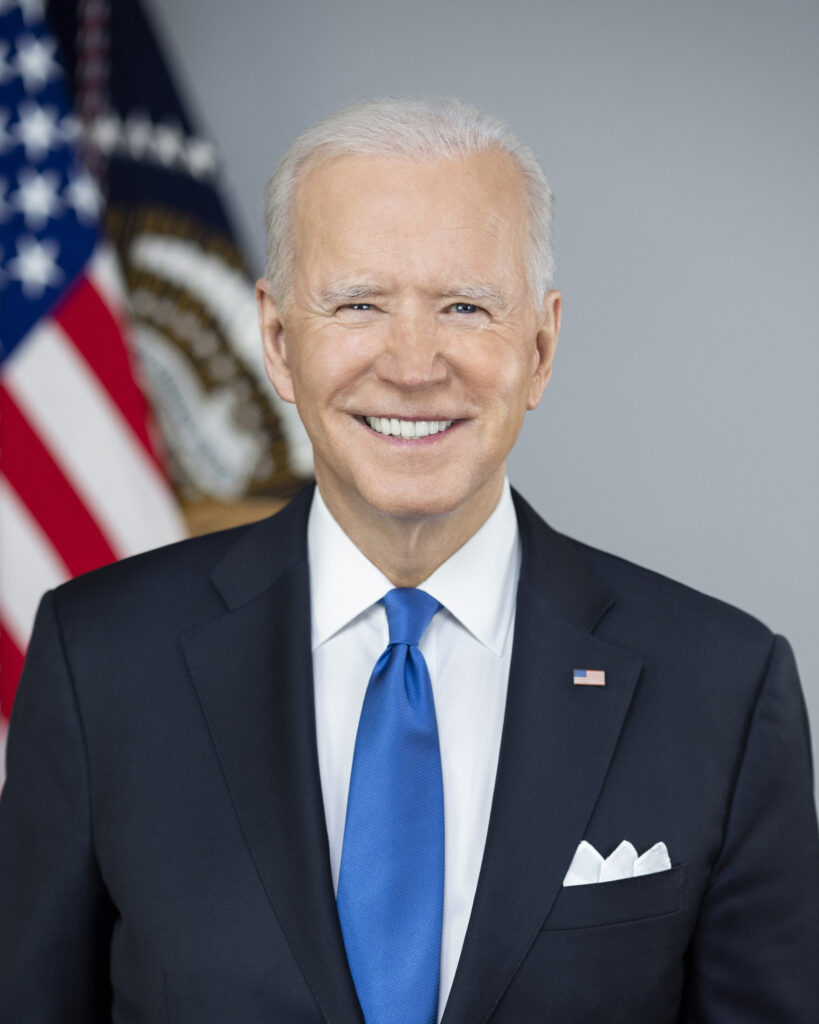
I posted this when President Obama left office, and then again four years later. And now that Biden has left I think it’s worth posting again.
I don’t think its worth re-posting because I’m some great wordsmith or savvy political commentator that loves his own words. I do it because I think most commentators suck.
A presidency shouldn’t be about non-stop partisan issues, yet that is where the vast majority of commentary on presidents is usually focused. And yes, it often focuses there as a reflection of the conduct of the president, but oft times, it’s merely a reflection of the deep desire of the media for clicks and eyeballs, and they use rage-bait for that. Actual substance falls by the wayside.
But if a president conducts himself well, then at least he can tip the scales of commentary toward public policy, however unsexy the commentariat might believe that to be.
Without further ado, my thoughts on what I believe a president needs to succeed on a public policy basis.
======================
- I want a policy wonk. Fundamental to any leader is an ability to understand that the choices aren’t between good and bad, but between bad and awful. And you want a president with the deep understanding of policy to figure out which is which.
- I want someone to appoint qualified people. The vast, vast majority of America has no idea who the head of the EPA, FEMA, Department of Energy, or HUD are. You know why? Because they didn’t become part of any grand screw-up. There’s something to be said for not knowing who they are, as it means they are most likely doing their jobs without conflict.
- I want someone that doesn’t make rash decisions. And that’s because policy is full of nuance. Slow and deliberate is the way to go, so that a president can absorb as much information and as many opinions as possible.
- I want someone who can keep his cool under pressure. Every president will face pressure, be it from foreign conflicts, hostage/kidnapping/terrorism or domestic political problems. Being able to take the long view, instead of instantly ranting and raging, is a quality to be admired.
- I want a scandal-free administration. When was the last time a president walked out of the oval office after 8 years without major scandal?
- I do not want drama. If there is some sort of drama regarding the White House, it is never, ever good.
- I want someone who doesn’t blanch at the prospect of admitting error and reversing course. Every president will make mistakes, and ego often gets in the way of admitting error. But it’s far better than making the situation worse by continuing on, in the desperate hope the bad decision will magically turn good.
- I want someone with a fundamental appreciation for the fact that ignorance and arrogance are both awful in a president, and together they can be deadly. And the wisdom to recognize it in themselves.
I put up these qualities, instead of issues, because there are thousands of issues that will cross a president’s desk. Cherry-picking what I liked (or didn’t like) would miss the point about the human qualities that someone should have to be an effective president.
